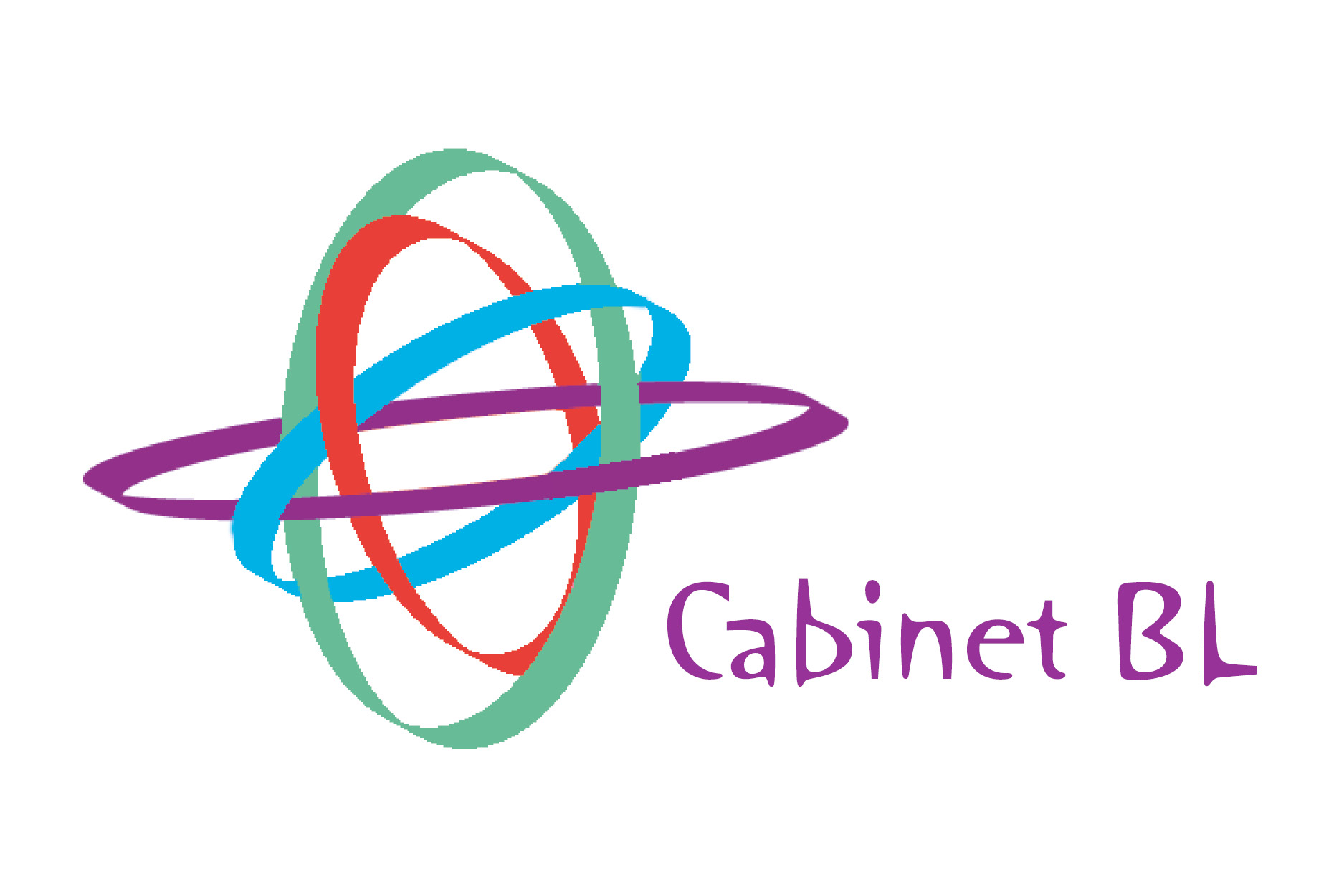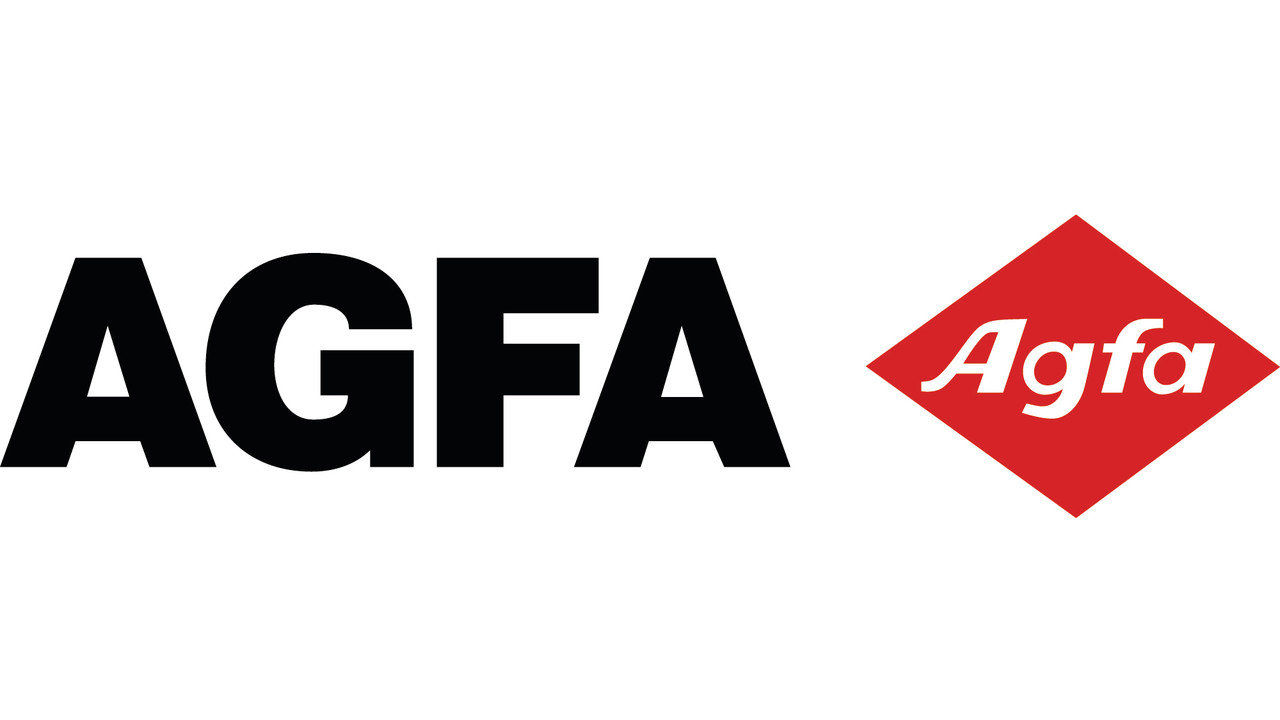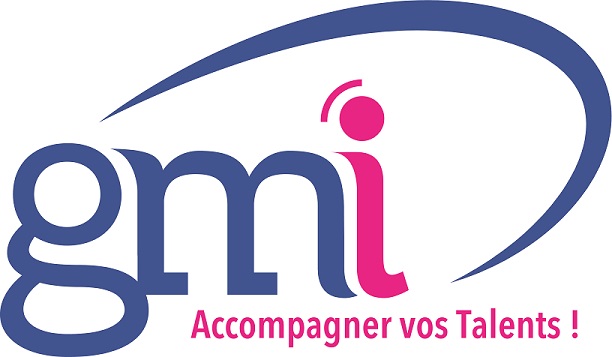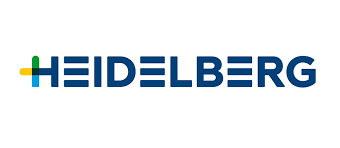New research identifies benefits of print
Reading on paper allows for deeper comprehension and retention, concentration, vocabulary building and memory, recent studies show. Intergraf calls on policymakers and educational organisations at EU and national level to ensure that print has its role in education.
Although the use of digital devices for reading continues to increase, new research reveals that readers’ comprehension is better when reading from paper. A meta-study of 54 studies with more than 170,000 participants has demonstrated that comprehension of long-form informational text is stronger when reading on paper than on screens, particularly when the reader is under time pressure.
The meta-study also found that digital environments continue to pose challenges. Readers are more likely to be overconfident about their comprehension abilities when reading digitally than when reading print, in particular when under time pressure, leading to more skimming and less concentration on reading matter.
Contrary to the widely held belief, the study finds that the screen inferiority effects of ‘digital natives’ have increased rather than decreased over time, regardless of age group and of prior experience with digital environments.
That is why Intergraf highly recommends prioritising print reading over digital reading in schools unless there is a proven learning advantage of digital. Inaction risks a degradation of students’ reading comprehension and critical thinking skills, which could hinder the development of educated, critical thinking citizens in our society for decades. For more information please read the summary position paper, here and the detailed position paper, here.
Télécharger : l’interpellation du 26 septembre à la Commission Européenne (3 pages)









































